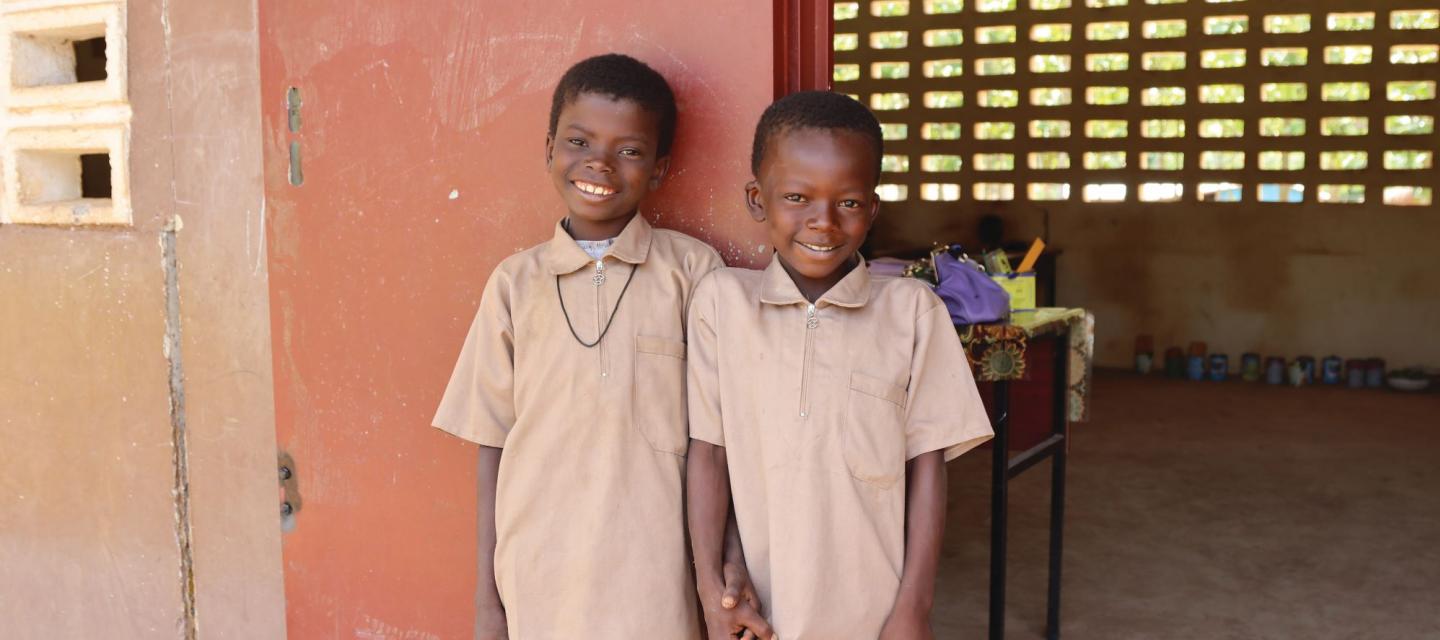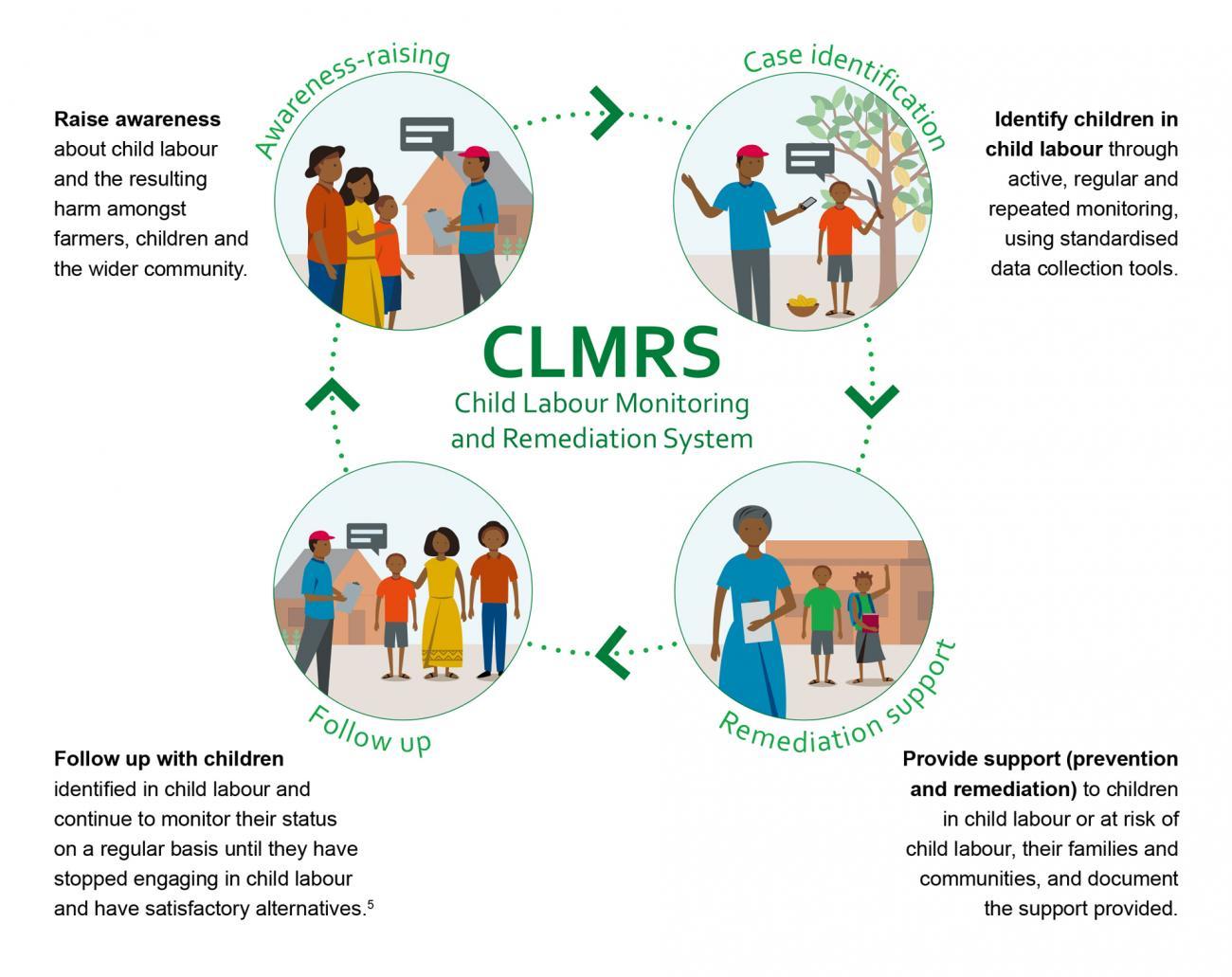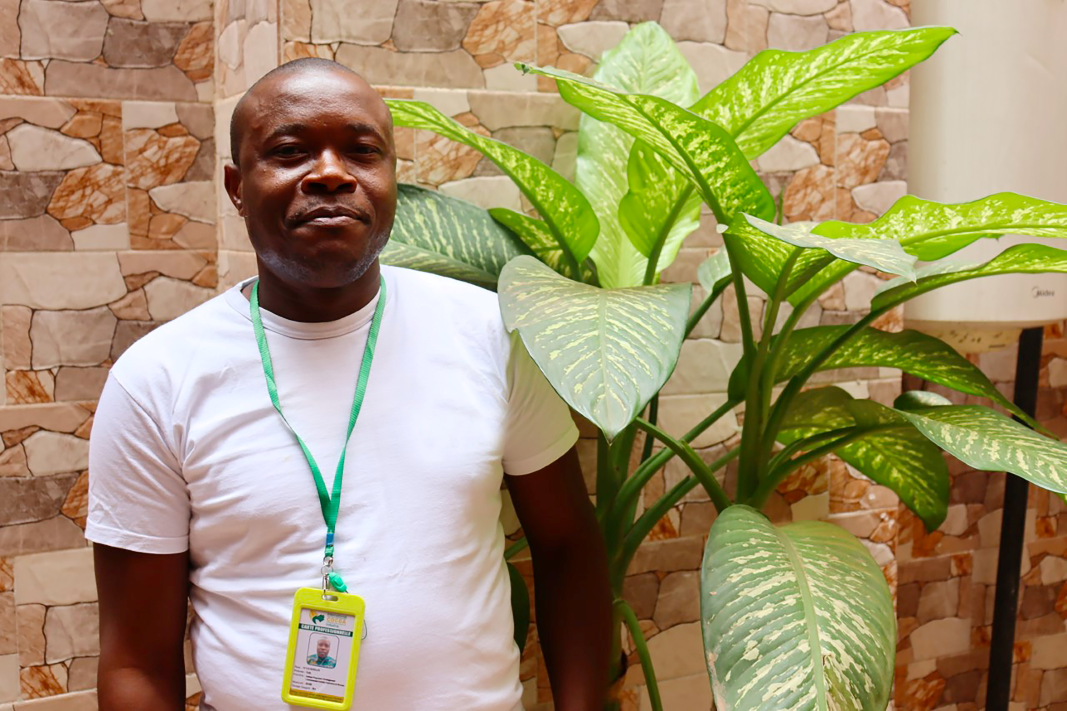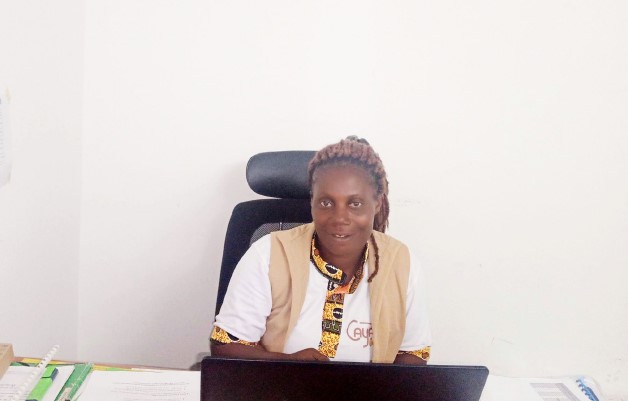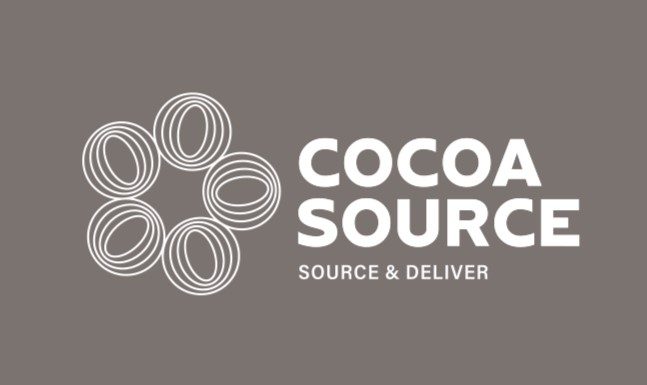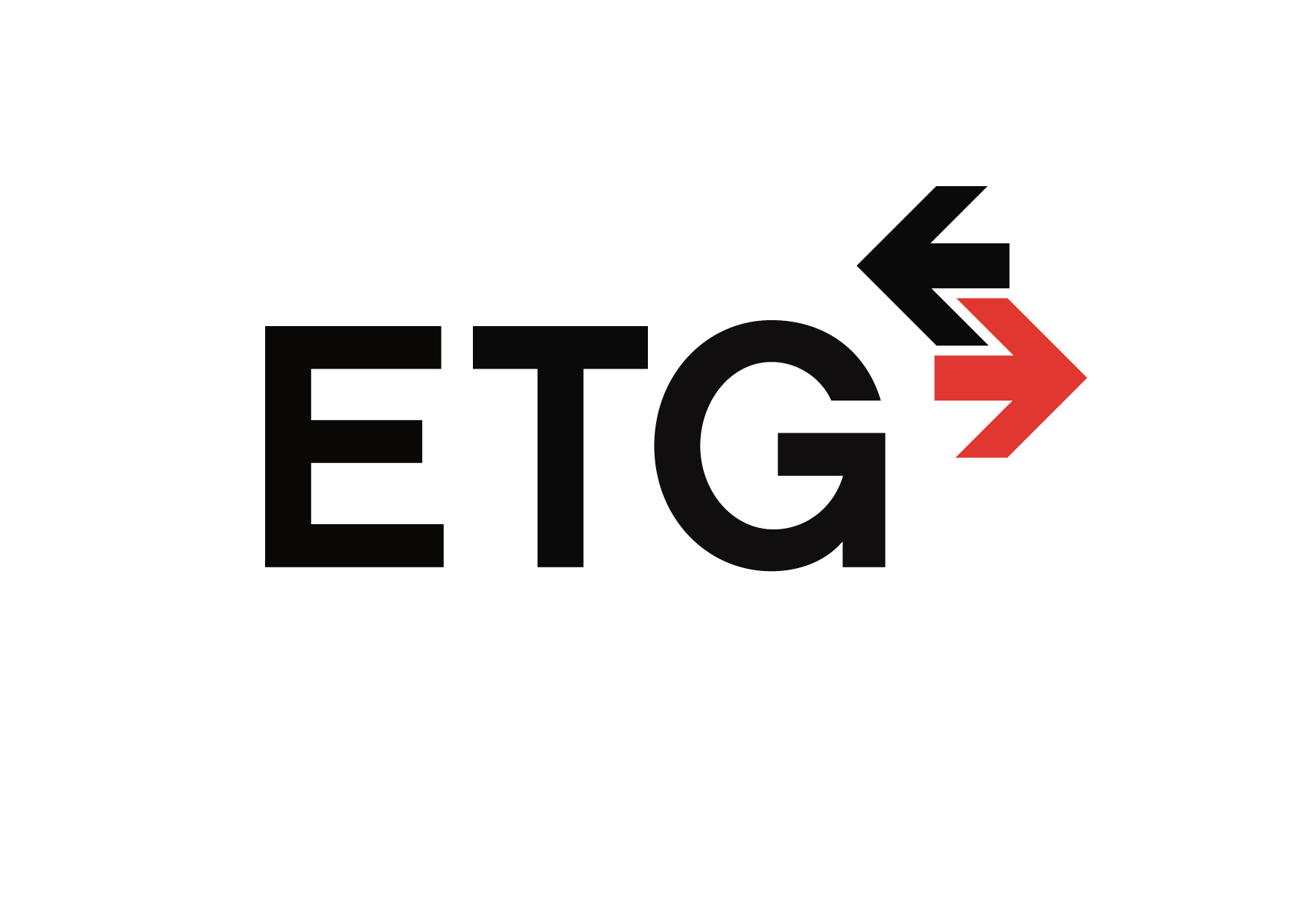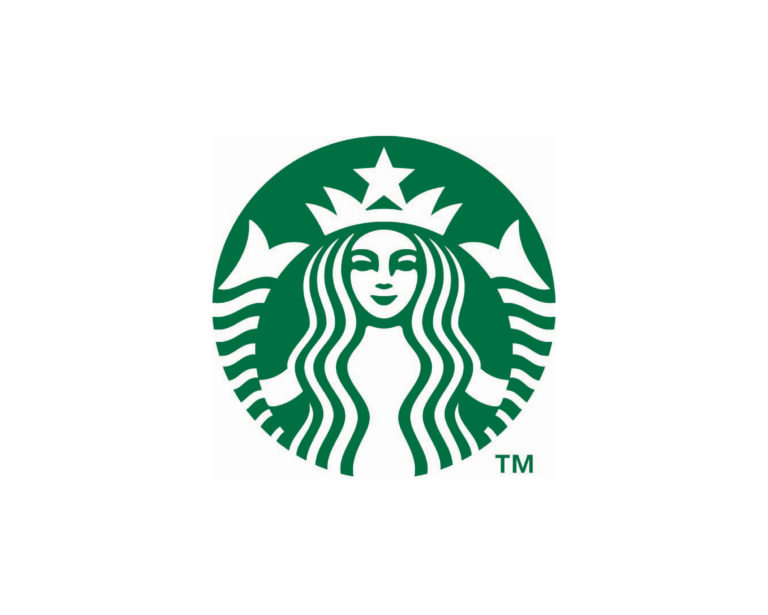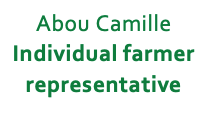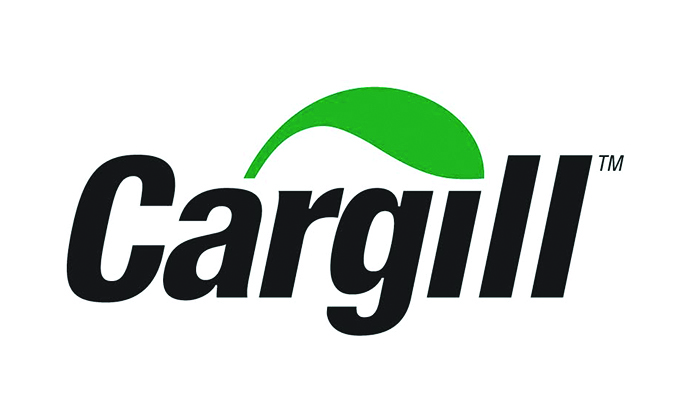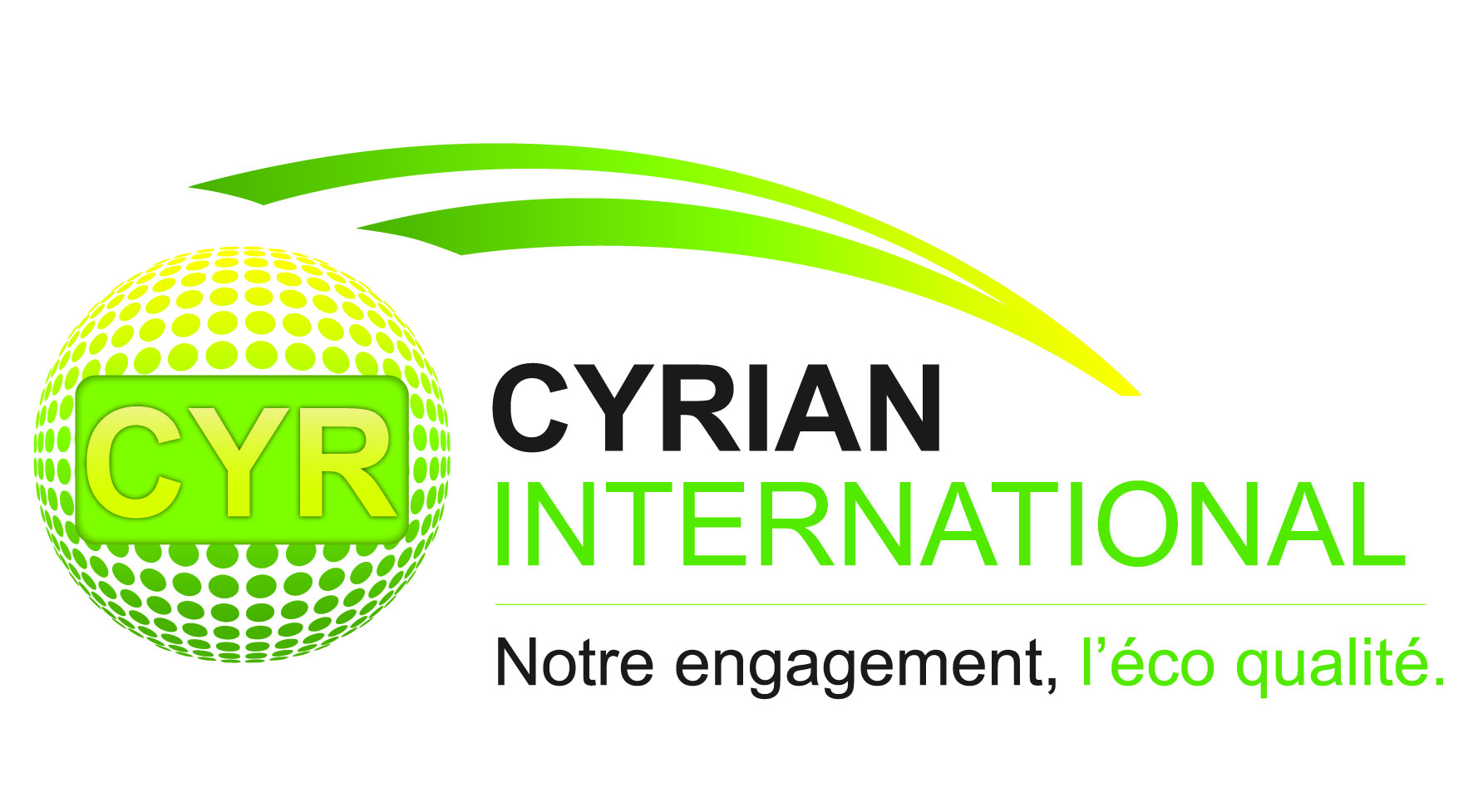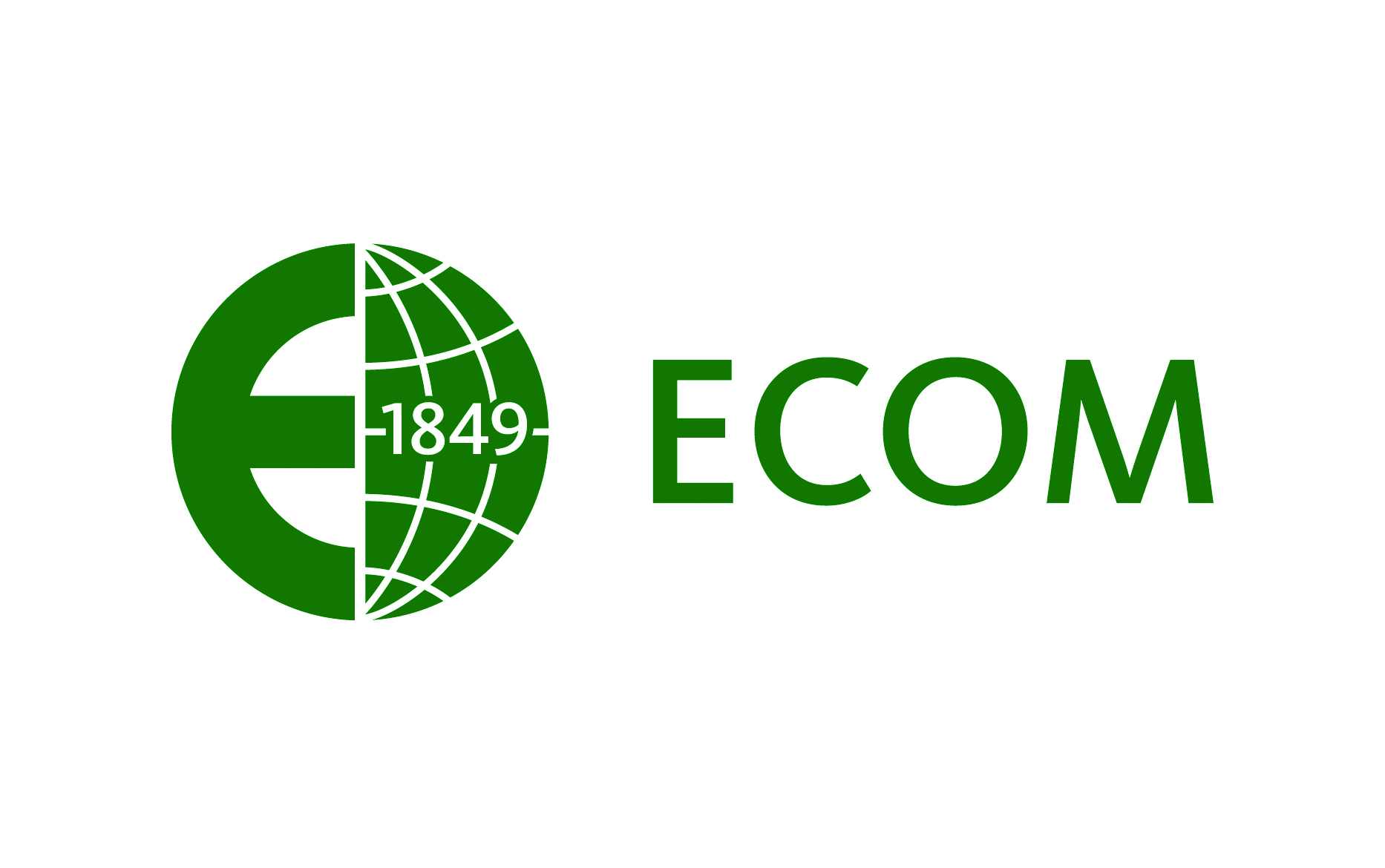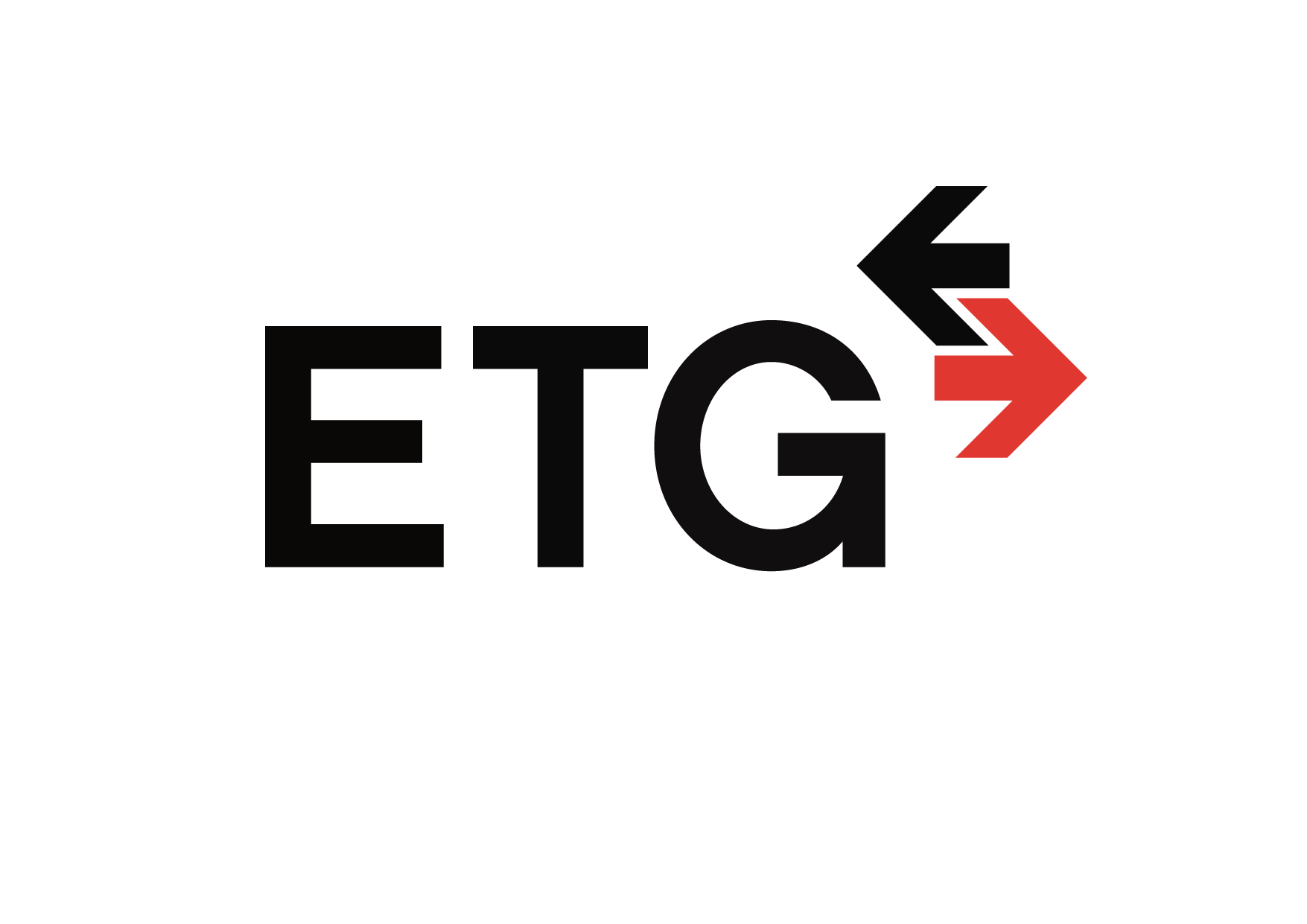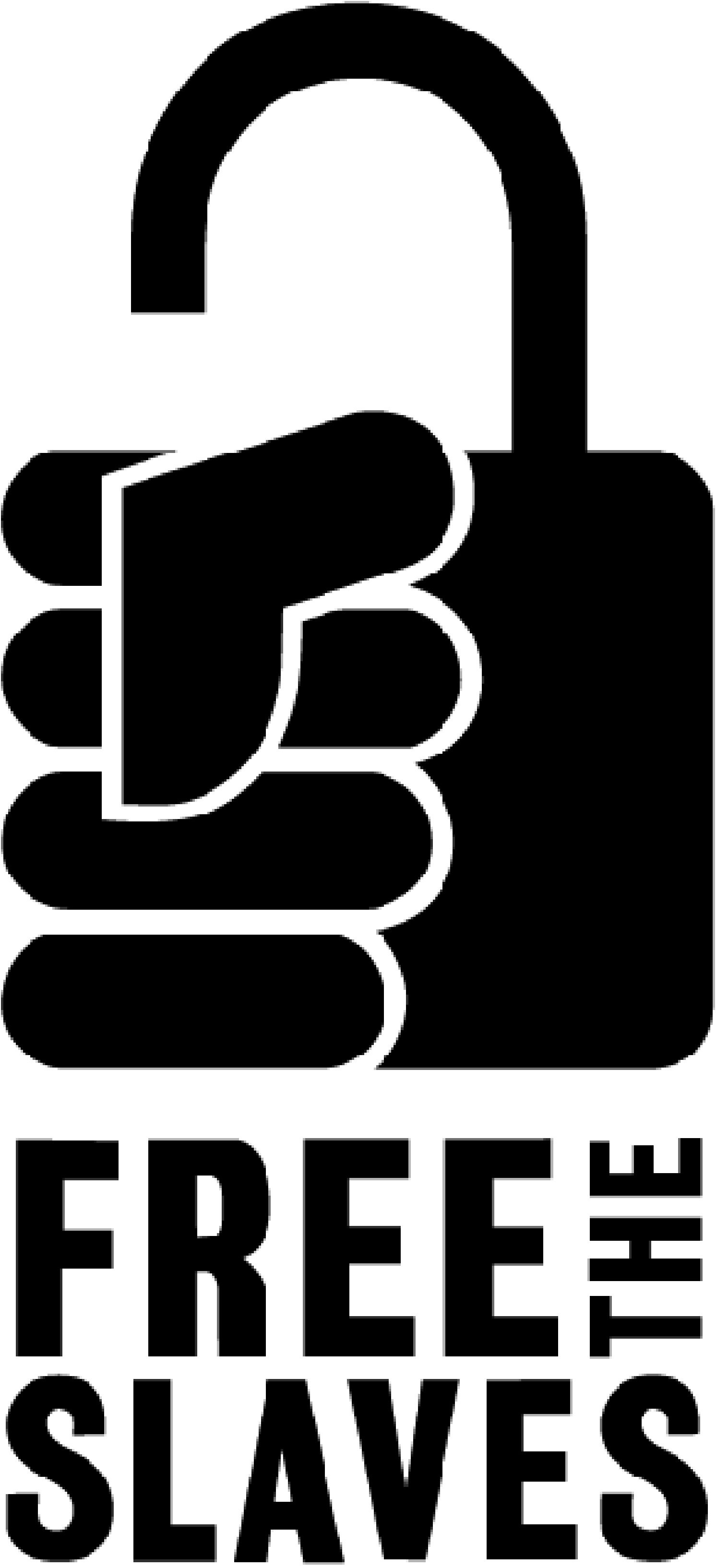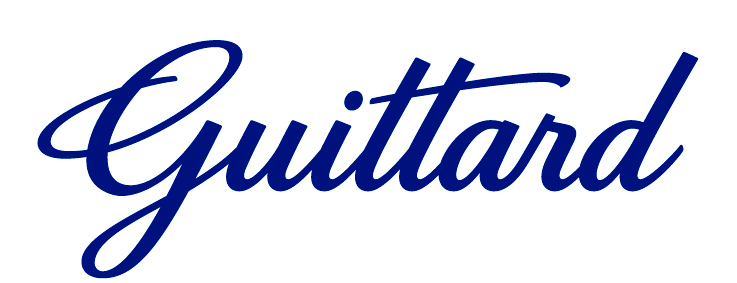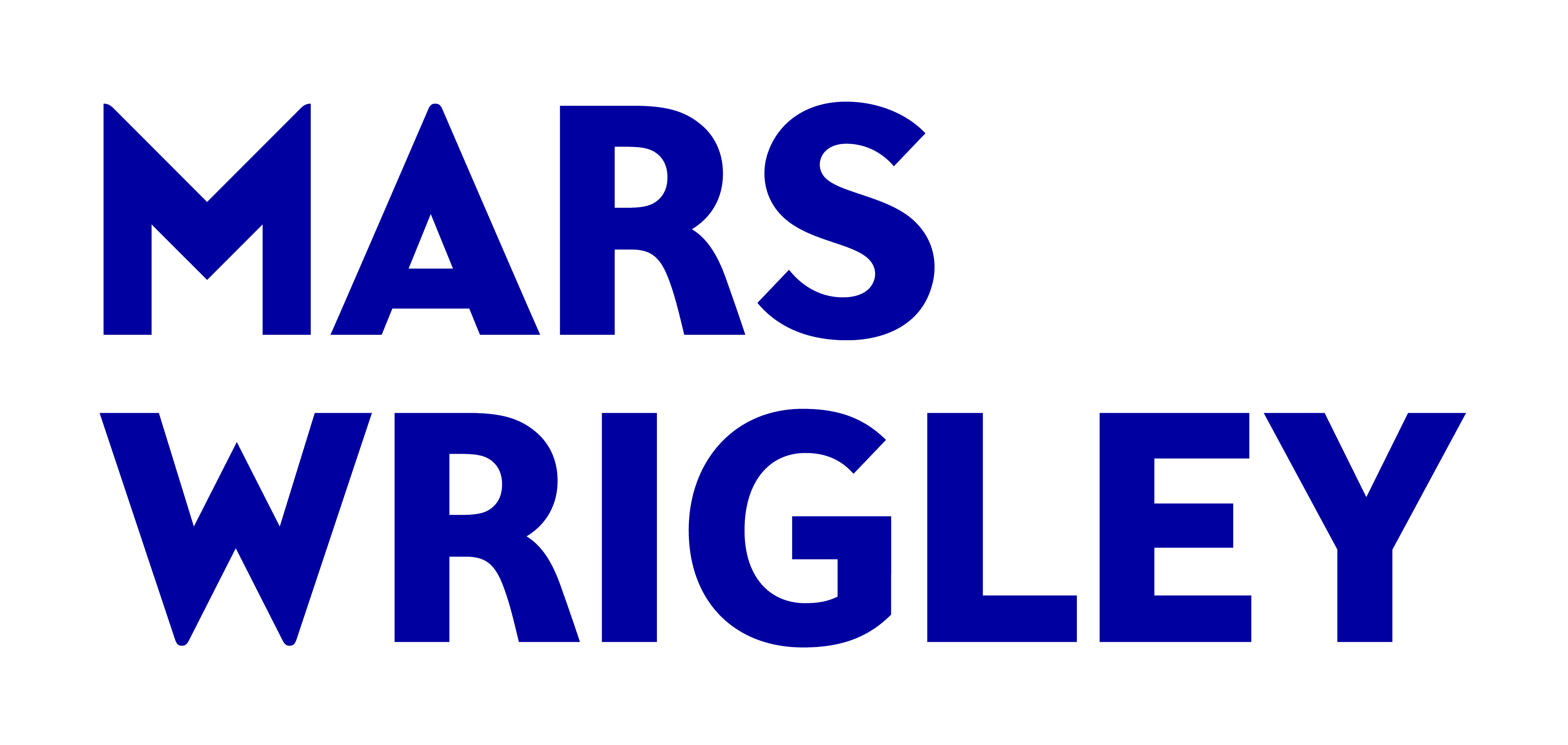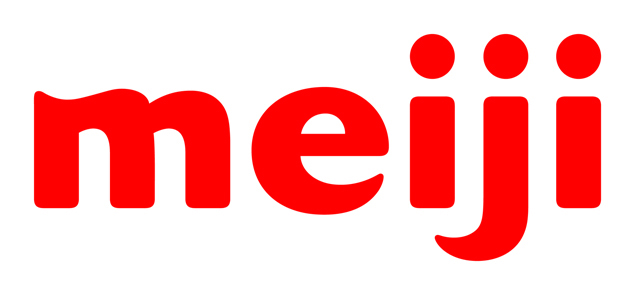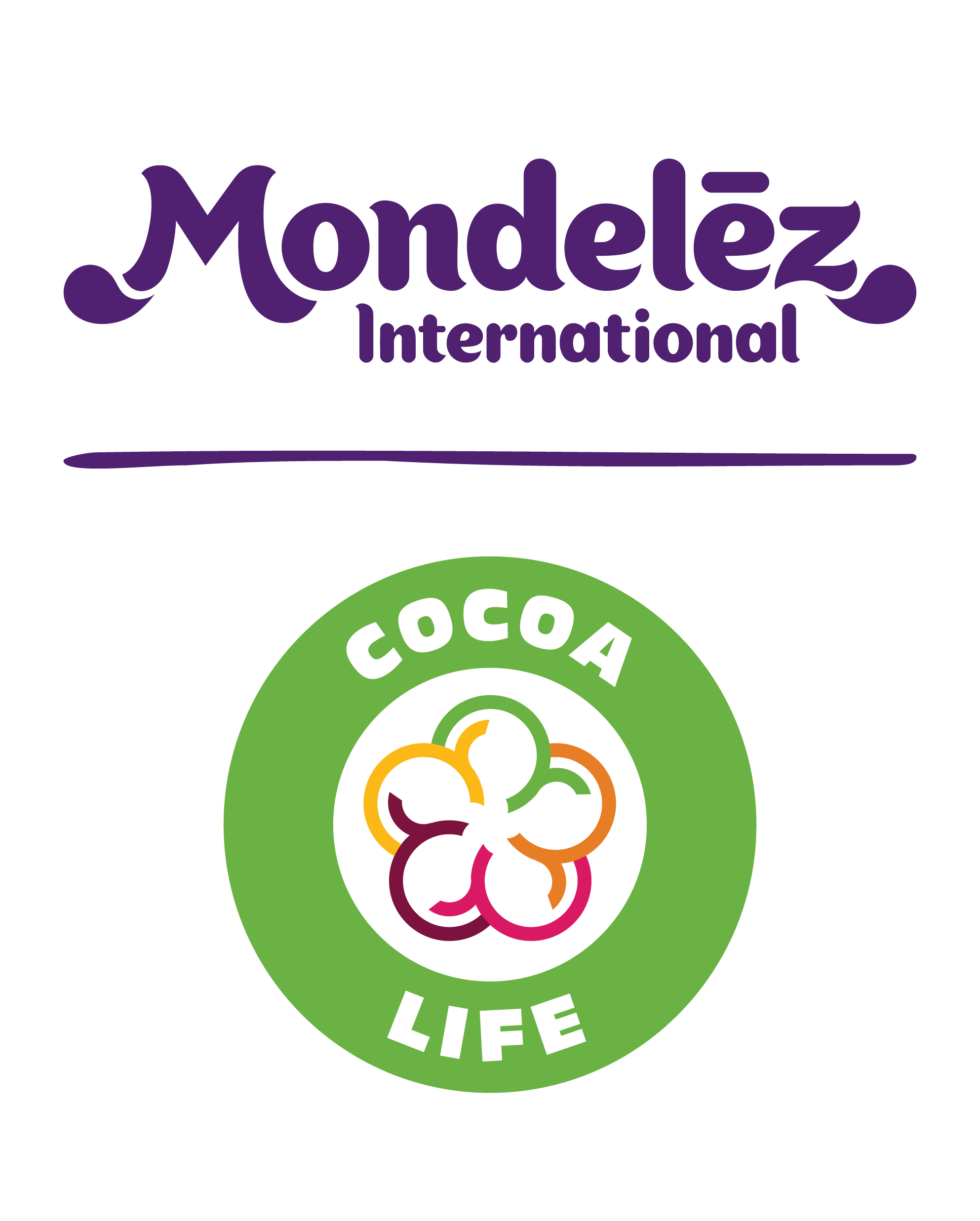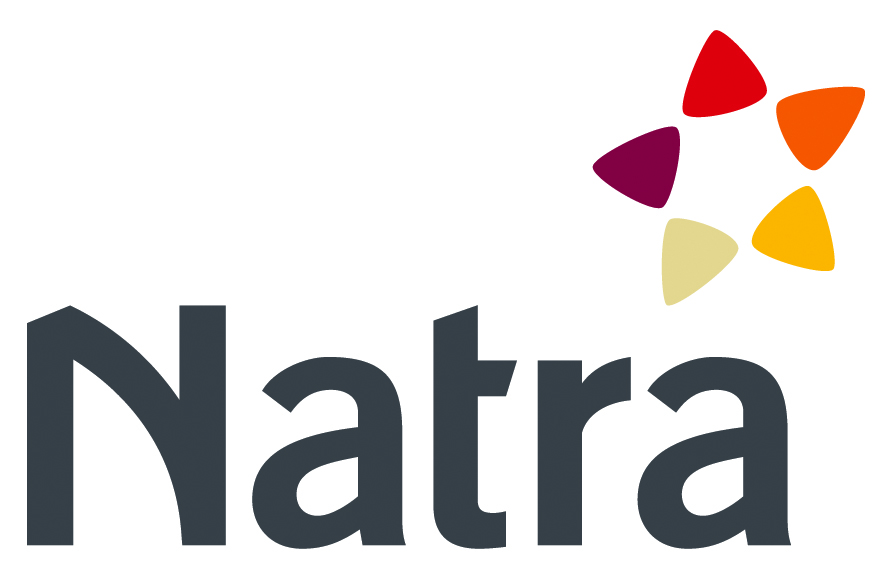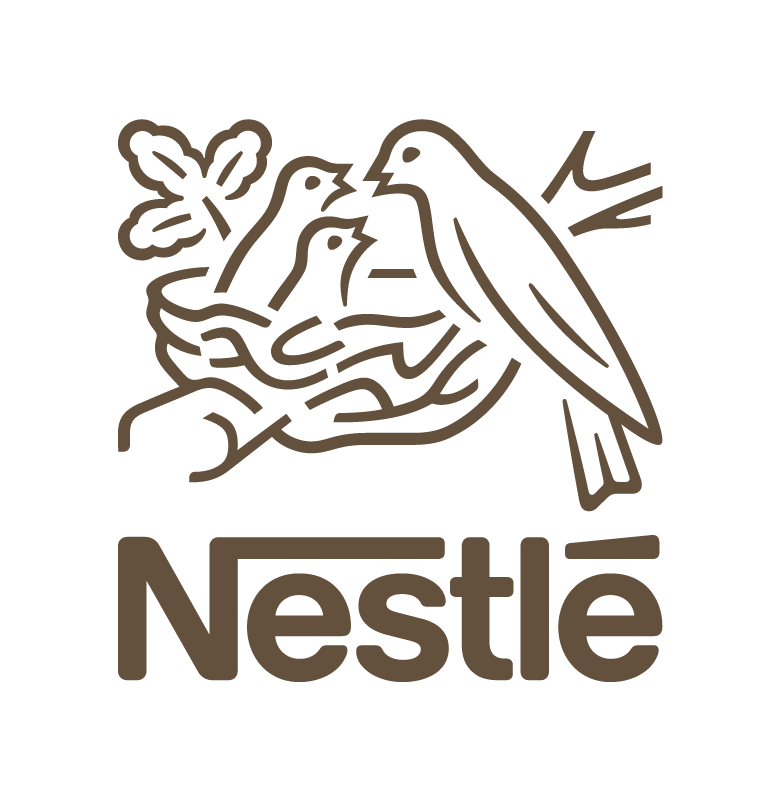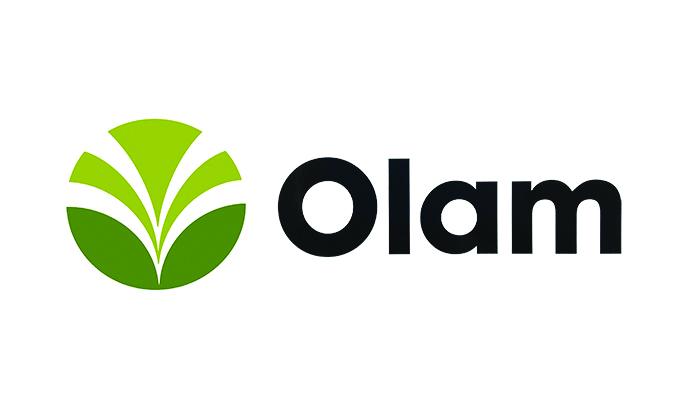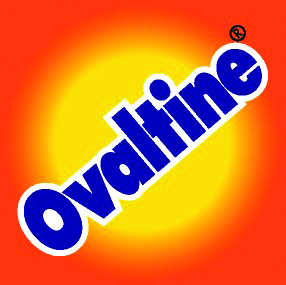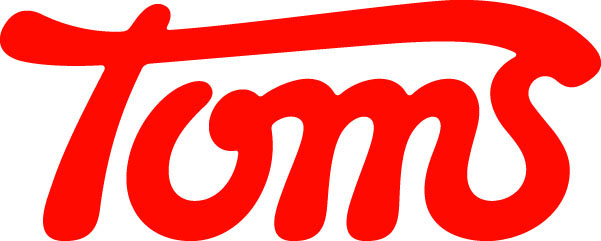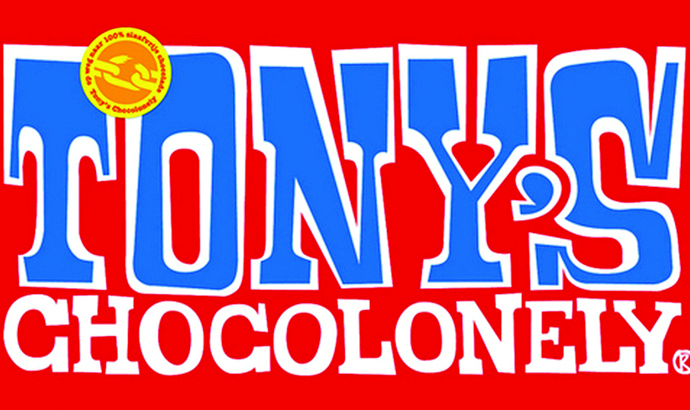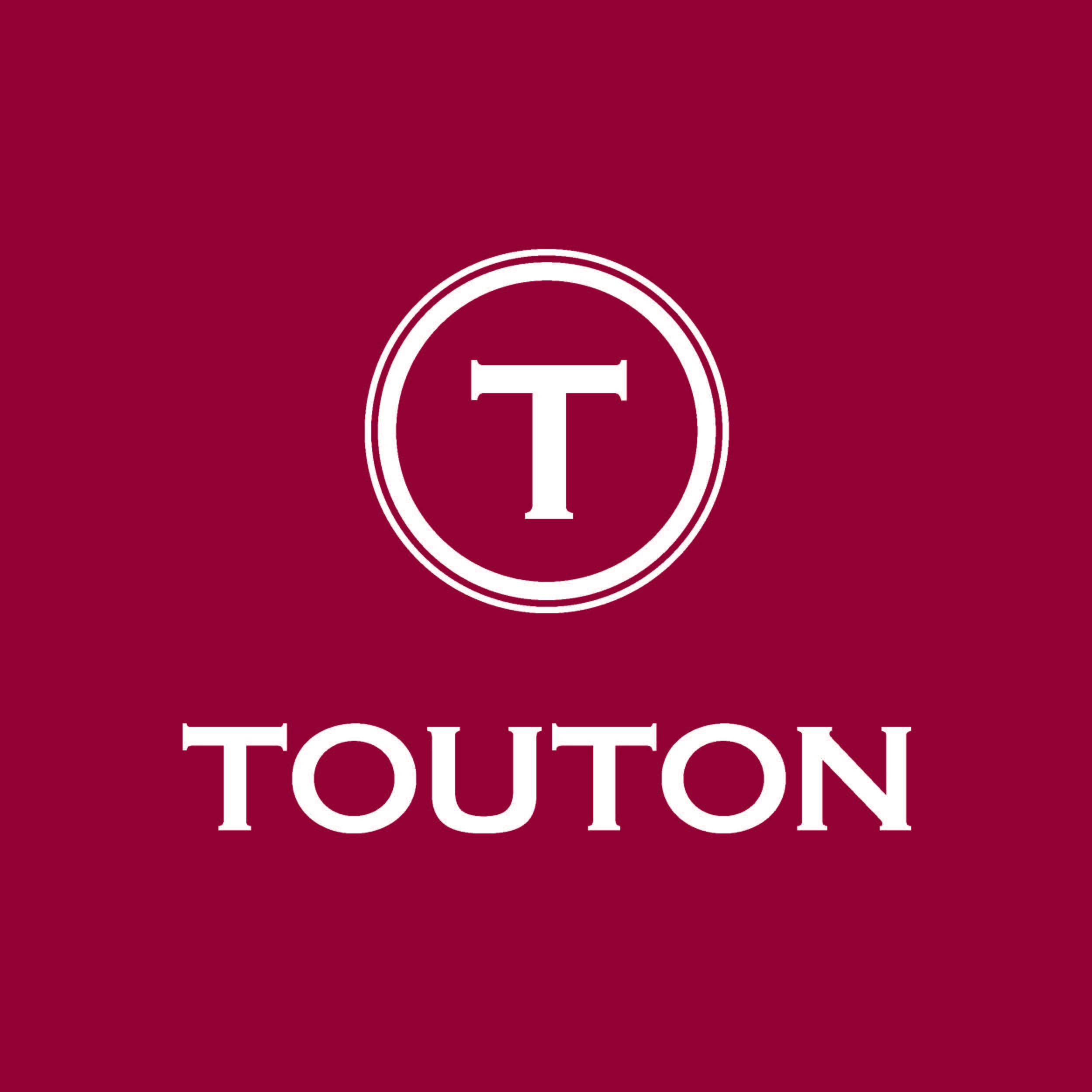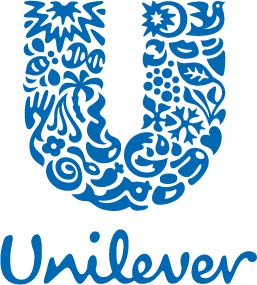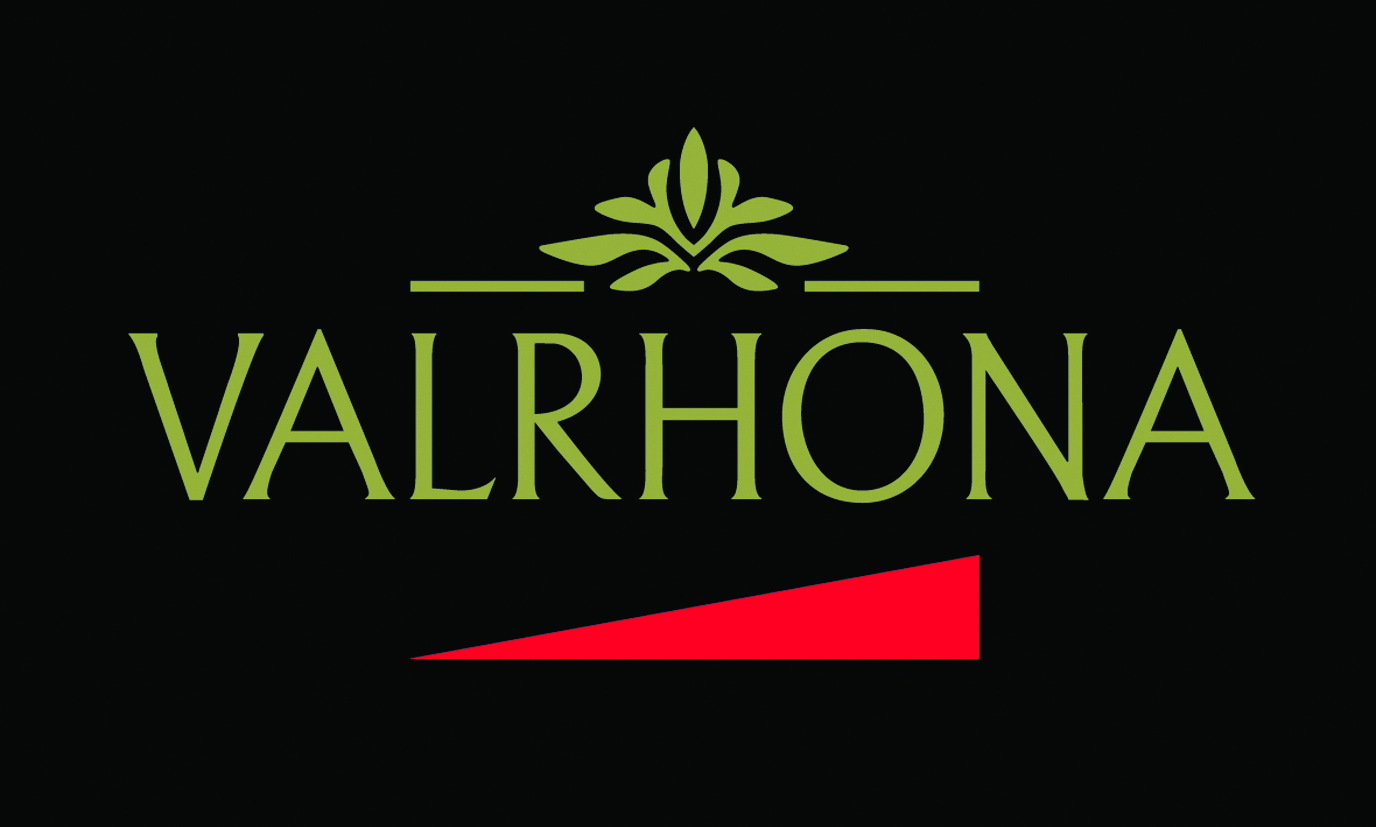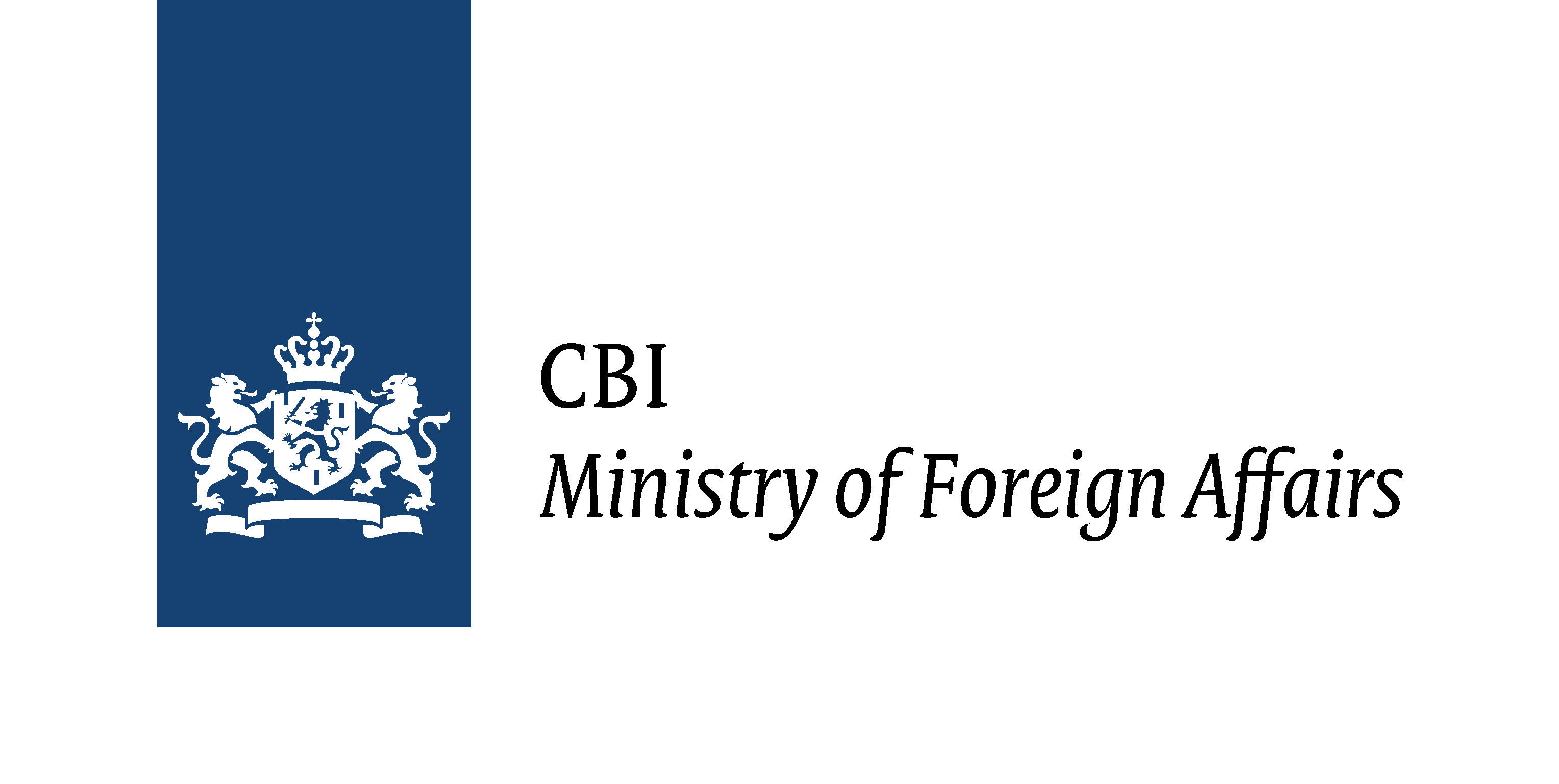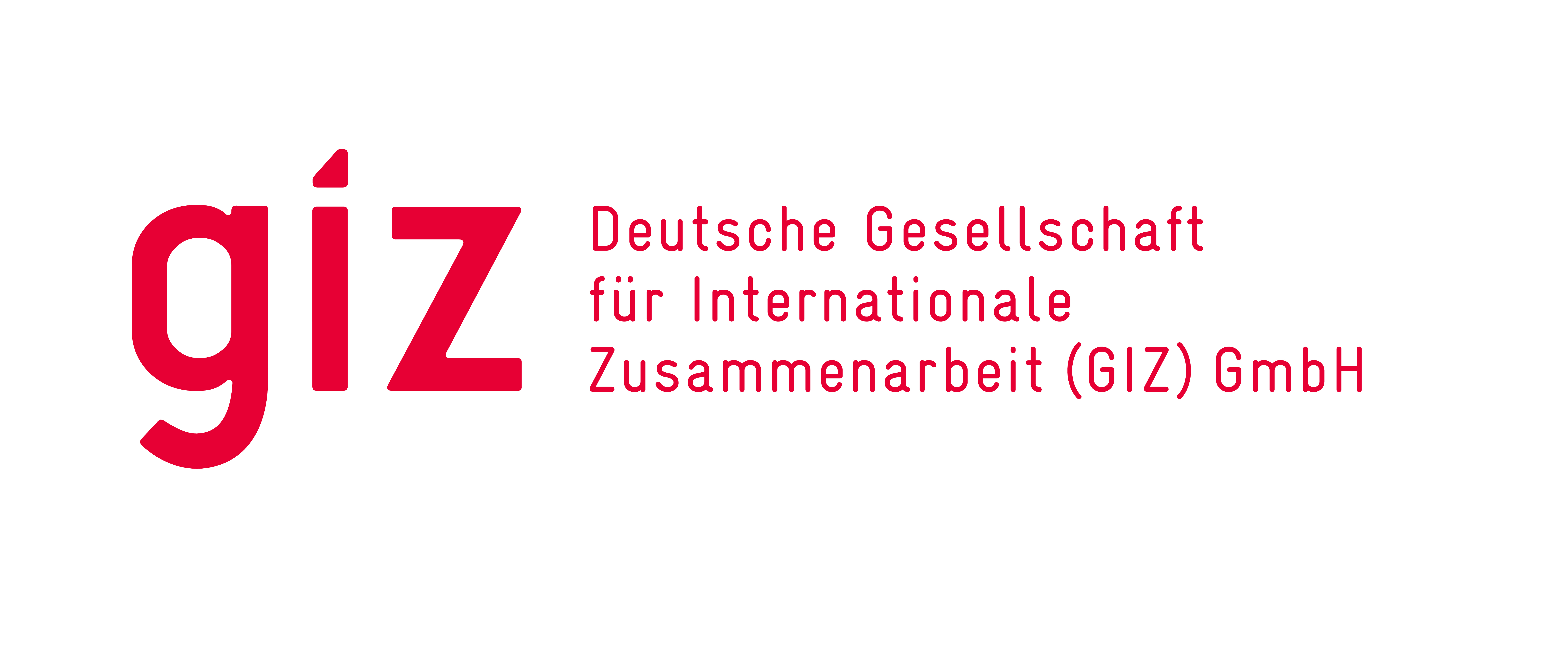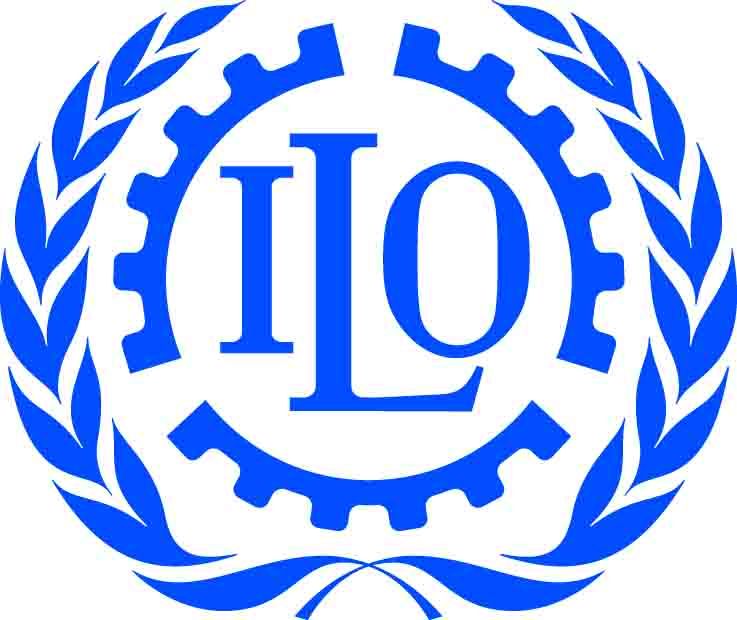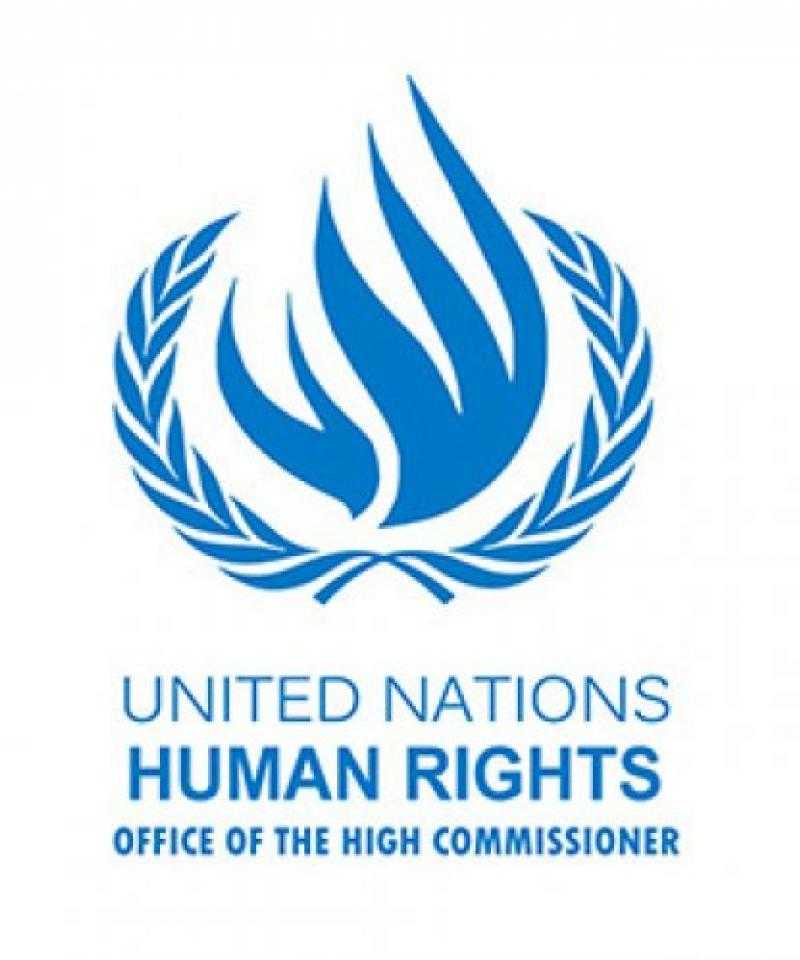Exploring the importance of education in cocoa communities
Much of the support provided to cocoa-growing households is linked to improving access to quality education, for example providing school kits, improving school infrastructure and enrolling children in bridging classes. In 2022, ICI published a number of studies that confirm the key benefits that education can bring, in addition to highlighting the methods and approaches that can be particularly beneficial.
Quality education and a protective environment help children learn
Between 2019 and 2021, in partnership with the Ministry of Education of Côte d’Ivoire, we implemented a pilot project in eight cocoa-growing communities in Côte d’Ivoire, reaching 2,200 pupils, to improve teaching, learning and school facilities for primary school children.
The project combined a number of activities focusing on improving infrastructure such as refurbishing classrooms, installing play equipment and creating libraries; improving teaching methods including the Teaching at the Right Level (TaRL) methodology for child-paced learning, and positive discipline; in addition to providing awareness raising among teachers, parents, students and community members on child rights and child labour. Many of these activities had already been tested in different projects, but this was the first time they had been combined in this way, and the first time the TaRL methodology had been used with children in the first two years of primary school.
In the words of a teacher: “... the methods allow children to talk and tell stories, even in their local language and this enlivens the class. The atmosphere in the classroom is great. This encourages the children to participate actively and motivates everyone.”
Key findings:
- Intervention schools showed more protective school environments and higher levels of pupil wellbeing at school.
- Teachers in intervention schools were significantly less likely to use violence to discipline children.
- Children in intervention schools made significantly more progress in both reading and maths, than children in control schools.
- The use of the TaRL methodology improved learning in both the older and younger groups within the intervention schools.
This research confirms the importance of investing, not just in access to schools but also in the quality of the education provided. Read the full report here.
Innovative teaching methods in bridging classes get children back to school
Bridging classes are a type of accelerated education programme to help out-of-school children catch up on missed learning and get back into the classroom. Between 2019 and 2022, ICI interviewed more than 800 children in 22 communities in Côte d’Ivoire before and after they attended bridging classes that were using the Teaching at the Right Level methodology, which helps children learn at their own pace.
The study found that the classes were effective in getting children back into mainstream school, that children scored high grades, and child labour decreased.
Key findings:
- Almost 100% of children re-joined mainstream school after the classes, with 72% still attending school more than a year after the classes had ended. The most common reasons for not staying in school were: not liking school, no school meals, parents moving away, or families being unable to afford school supplies or fees.
- 91% of the children scored average grades or above, compared to 14% of children attending bridging classes without the innovative teaching methods.
- Prevalence of child labour more than halved. Before starting the bridging classes, 63% of children were in child labour, compared to 23% after the classes had ended.
This study confirms the benefits of using TaRL methods in Bridging classes. Read the full report here.
The protective effect of education
In 2022, ICI published a new report exploring how work and school interact, by examining the links between child labour, school attendance and child wellbeing. The analysis draws on data collected from over 2,000 children from cocoa-growing households in Côte d’Ivoire.
The observational study shows that children in child labour, those working longer hours and those not in school had lower levels of child wellbeing, while children in school had consistently higher wellbeing scores. The results highlight the protective effect that education can have on children’s wellbeing, as among children in child labour, children who regularly attended school had consistently higher wellbeing scores than those who did not. However, the more hours a child worked, the weaker the protective effect of school and the lower their overall wellbeing. The findings also underline the importance of taking into account all work done by a child and not just that performed in agriculture, as the more hours worked the lower the child’s wellbeing.
The results underline the importance of education in cocoa-growing communities. A fundamental child right in itself, education is also as a means of protecting children from harm to their development caused by child labour, as well as by other forms of abuse and neglect. Read the full report here.
